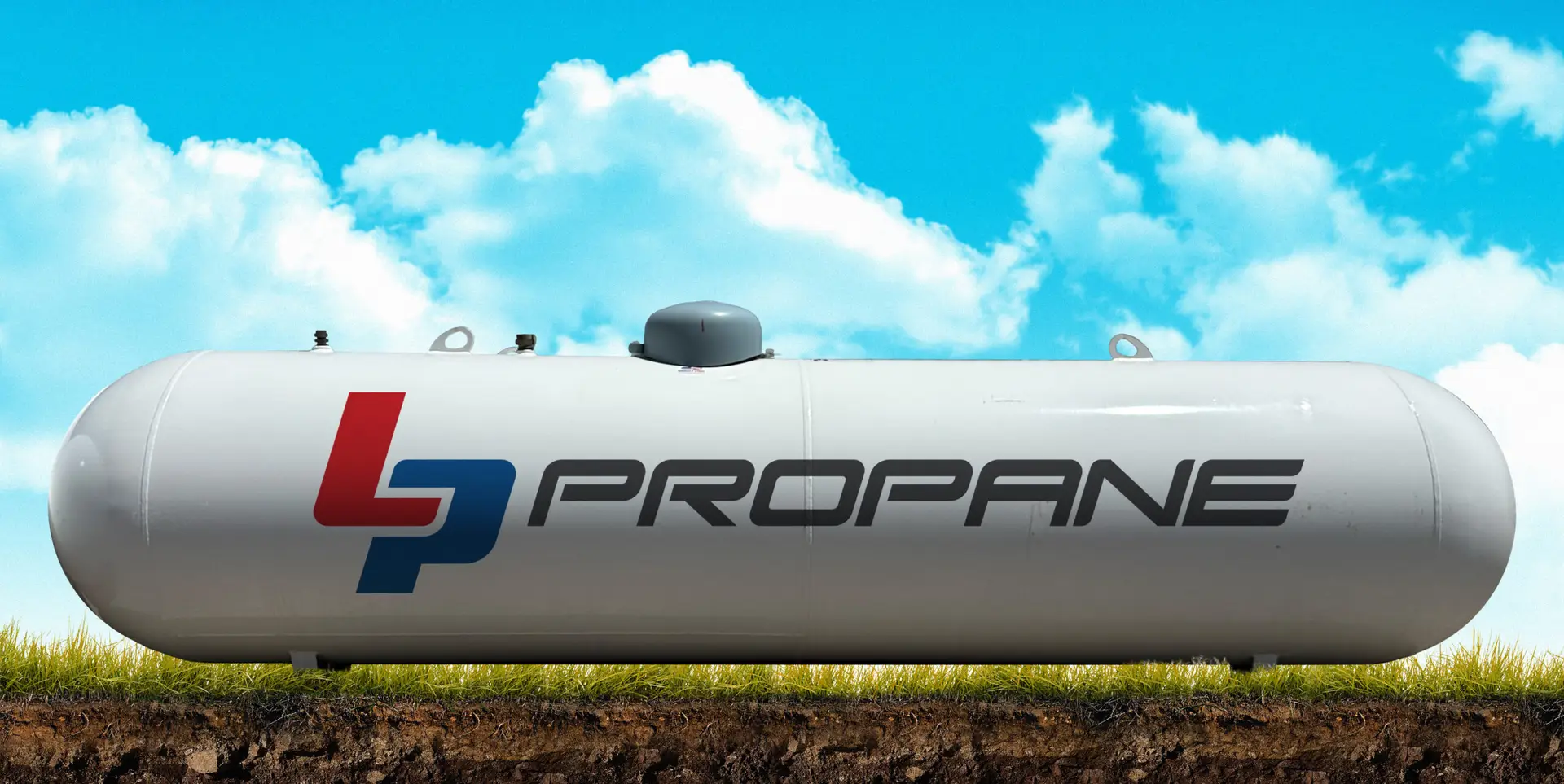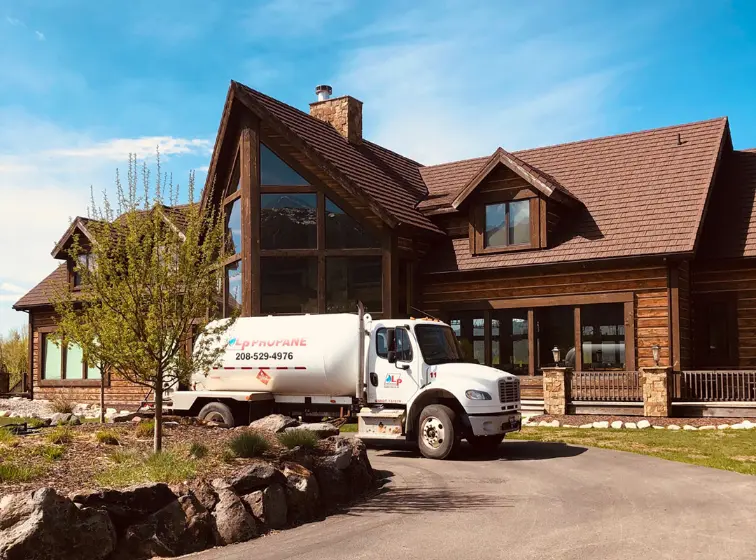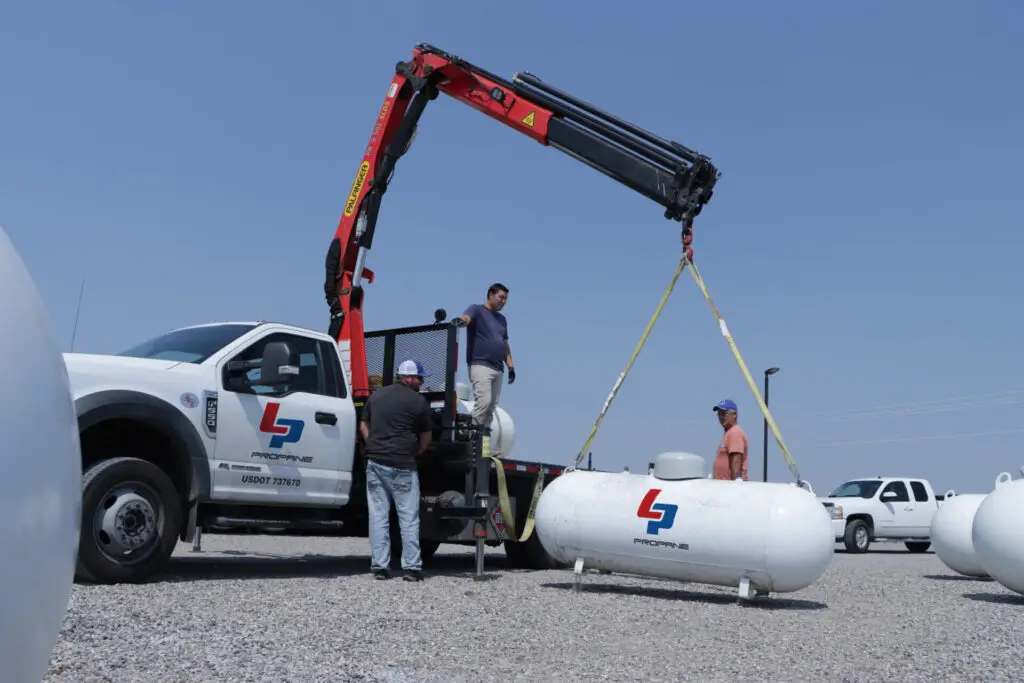Natural Gas VS Propane
THE SIMPLE ANSWER
Natural gas and propane are both popular fuels, but they are not the same, and they differ in several key ways.

What to know in the industery
Chemical Composition
• Natural Gas: Composed primarily of methane (CH4), natural gas is a naturally occurring hydrocarbon gas mixture. It may also contain small amounts of other gases like ethane, propane, butane, and carbon dioxide.
• Propane: Propane (C3H8) is a specific type of hydrocarbon known as a liquefied petroleum gas (LPG). It is a byproduct of both natural gas processing and crude oil refining.
State at Room Temperature
• Natural Gas: Exists as a gas at room temperature and is typically delivered to homes via pipelines.
• Propane: While it can exist as a gas at normal atmospheric pressure, propane is stored and transported as a liquid under pressure in tanks, which makes it easier to store and transport in locations without access to natural gas pipelines.



Energy Content
• Natural Gas: Has a lower energy content than propane. It produces about 1,030 BTUs (British Thermal Units) per cubic foot.
• Propane: Has a higher energy content, providing approximately 2,516 BTUs per cubic foot. This means propane burns hotter and provides more energy per unit compared to natural gas.
Usage and Availability
• Natural Gas: Commonly used in urban and suburban areas where pipeline infrastructure exists. It’s mainly used for heating, cooking, and electricity generation.
• Propane: Often used in rural or remote areas without natural gas pipelines. It’s used for heating, cooking, water heating, and powering appliances like grills, generators, and vehicles.



Cost
• Natural Gas: Generally less expensive on a per-BTU basis because it is more abundant and delivered directly through pipelines.
• Propane: Usually more expensive per BTU due to transportation and storage costs, but it can be more cost-effective in areas without natural gas infrastructure.
Environmental Impact
• Natural Gas: Burns cleaner than other fossil fuels like coal and oil, producing fewer carbon emissions. However, methane, the main component of natural gas, is a potent greenhouse gas.
• Propane: Also burns cleanly, producing less carbon dioxide than gasoline or diesel. It’s considered environmentally friendly, but it still contributes to greenhouse gas emissions.